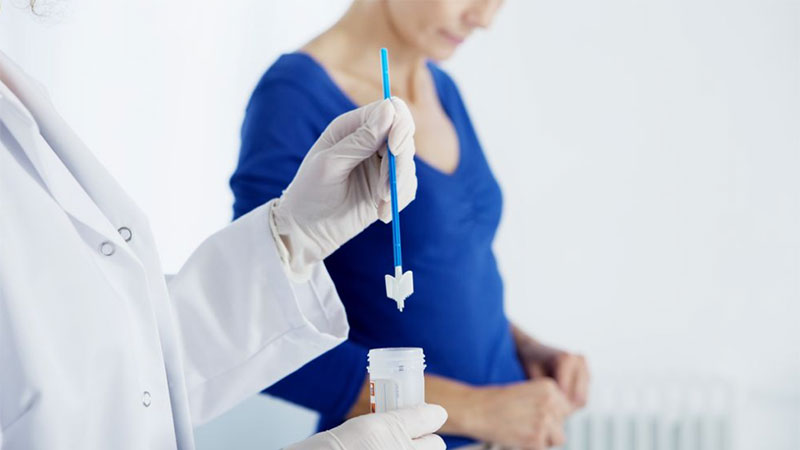Why You Should Get Tested for HPV
The human papilloma virus (HPV) is the most commonly found STD in the United States. There are many strains, and sexual activity is not the only way you can contract the infection. While there are new ways to screen the virus with technology, it is still a problem for many women.

New methods will decrease the amount of HPV infections, but for now there still needs to a wider spread awareness of how common HPV is and how it can lead to other complications. There are plenty of reasons to make sure that you don’t have HPV. Read below to find more about them.
HPV Can Cause Cervical Cancer
One reason that HPV testing is so critical is that it can cause cervical cancer. Recent studies have discovered that nearly every case of cancer in the cervix coincided with women who have HPV. In fact, HPV is the main cause of cervical cancer and cause vaginal and anal cancers. If women are encourage to be tested more often, we can prevent a lot of cancer. With new testing methods, there is no excuse. If detected, cervical cancer can be treated but if you don’t know you have it could be a lot harder to contain.
Testing is On the Rise
HPV tests are becoming much more common. They are easily accessible now and soon there will be testing arriving at your doorstep. At-home testing will provide both men and women the ability to get tested without feeling the unnecessary shame that comes with getting an STD test. After all, sexual intercourse isn’t the only way you can contract the virus. Still it can be uncomfortable to get tested for something like HPV. Easily accessible testing will enable women everywhere to take their health into their own hands while retaining their privacy.
Prophylactic Vaccines are Available
Once you have been tested you will know if you have a strain of HPV or not. Not only will this provide the peace of mind that you need, it will offer you an opportunity to move forward. If you do have HPV and it went undetected, you have a chance to treat it and prevent complications like cervical cancer. If you don’t have the virus, you can think about getting a prophylactic vaccine.
Prophylactic vaccines provide antigens that give your body the antibodies for HPV and other diseases. Getting tested for HPV should be preventative. When you know that you don’t have it, you can mobilize against it with a vaccine. You won’t only be protecting yourself from the infection, you will also be guarding against genital warts and cancer.
Treating HPV
Beyond preventing the spread of HPV, getting tested is perhaps even more important if you do have it. While there isn’t treatment for the virus itself, there are very good treatment methods for the different symptoms it takes on. You can treat genital warts if they are a complication of your HPV. Prescription medication will prevent outbreaks and will heal them when they do occur. Routine pap smear tests provide the ability to detect cancer in the cervix before it spreads. It can even prevent other forms of cancer that are complicated by HPV. There isn’t a cure for HPV, but it can be contained. There is no reason not to get tested, especially if you think you’ve contracted HPV or are experiencing symptoms.
Wherever you are in life, it doesn’t hurt to get an HPV test. It will provide the knowledge and peace of mind that comes with it. It will enable you to get treated for the symptoms associated with HPV if you do have it. It will help you prevent cervical cancer, detect it as soon as possible, and stop the spread before it goes to other parts of the body.
There is no reason to be afraid. Testing is getting easier by the day and prevention methods are as strong as ever. The awareness that HPV can cause cancer and other complications is the most important part of preventing it. When women are more aware of the risks related to HPV, they can better take care of themselves and their bodies by preventing it. So think about getting an HPV test as soon as possible to continue living a happy and healthy life!



